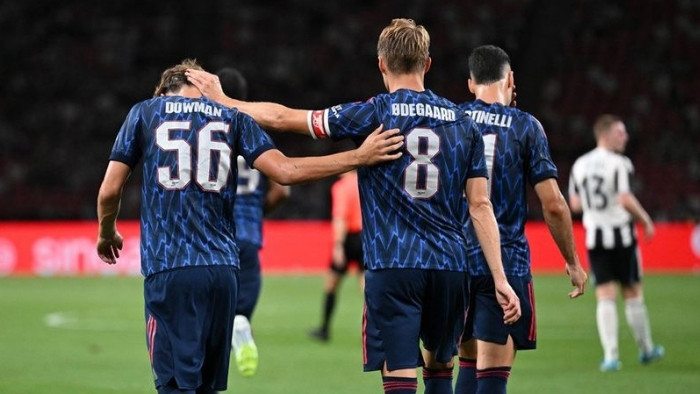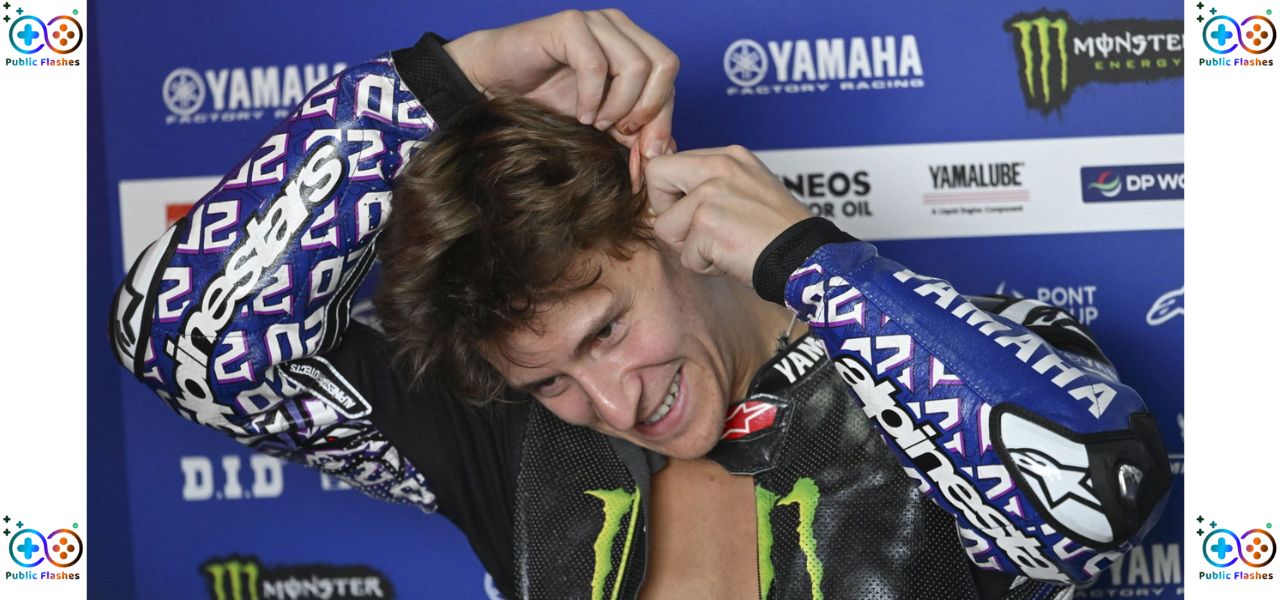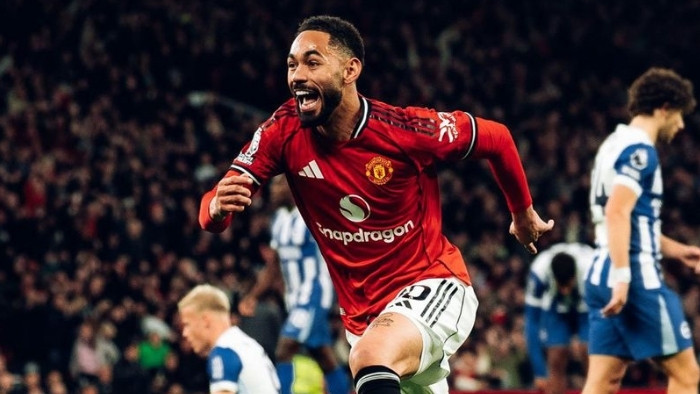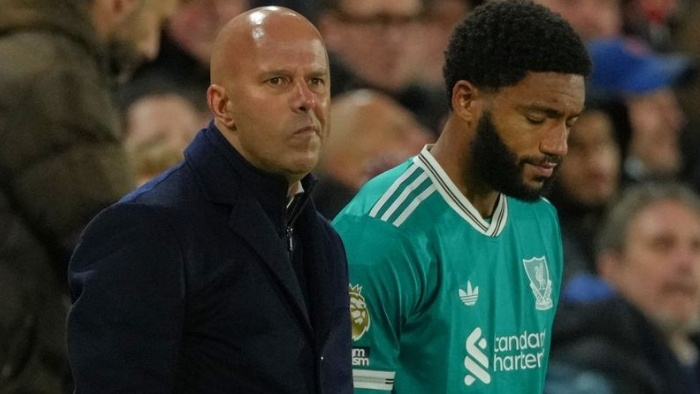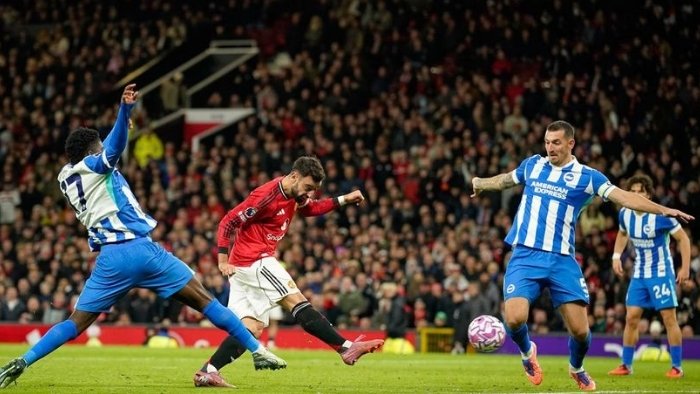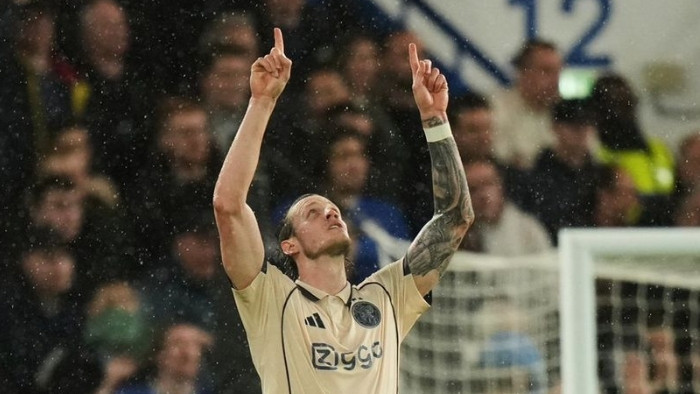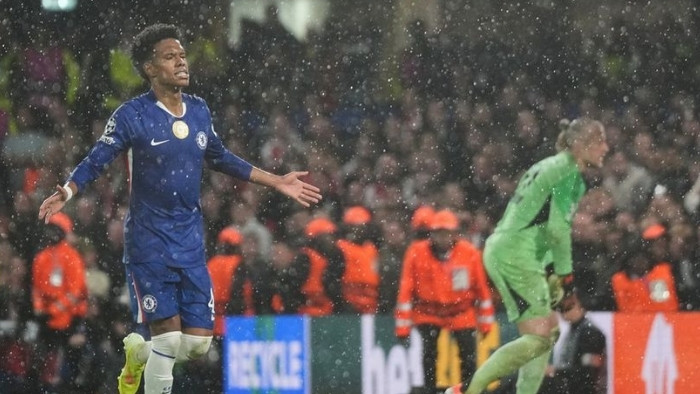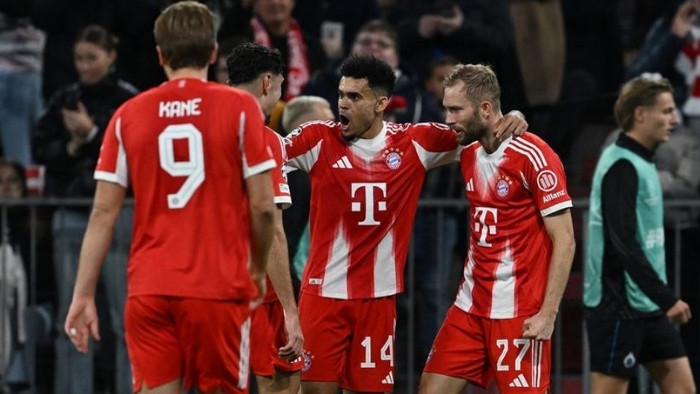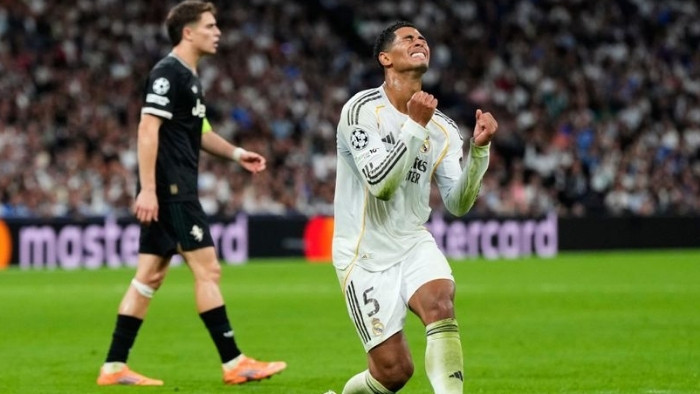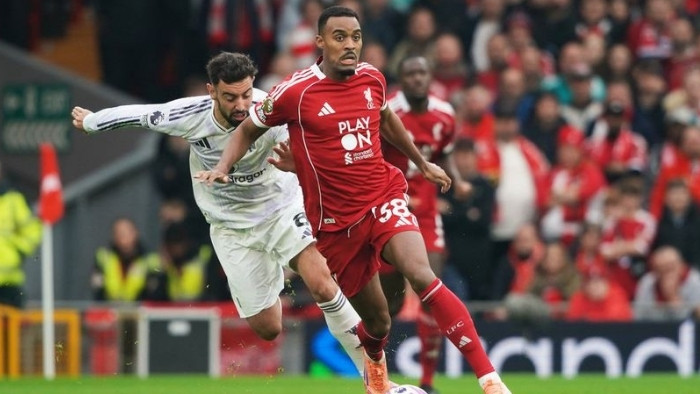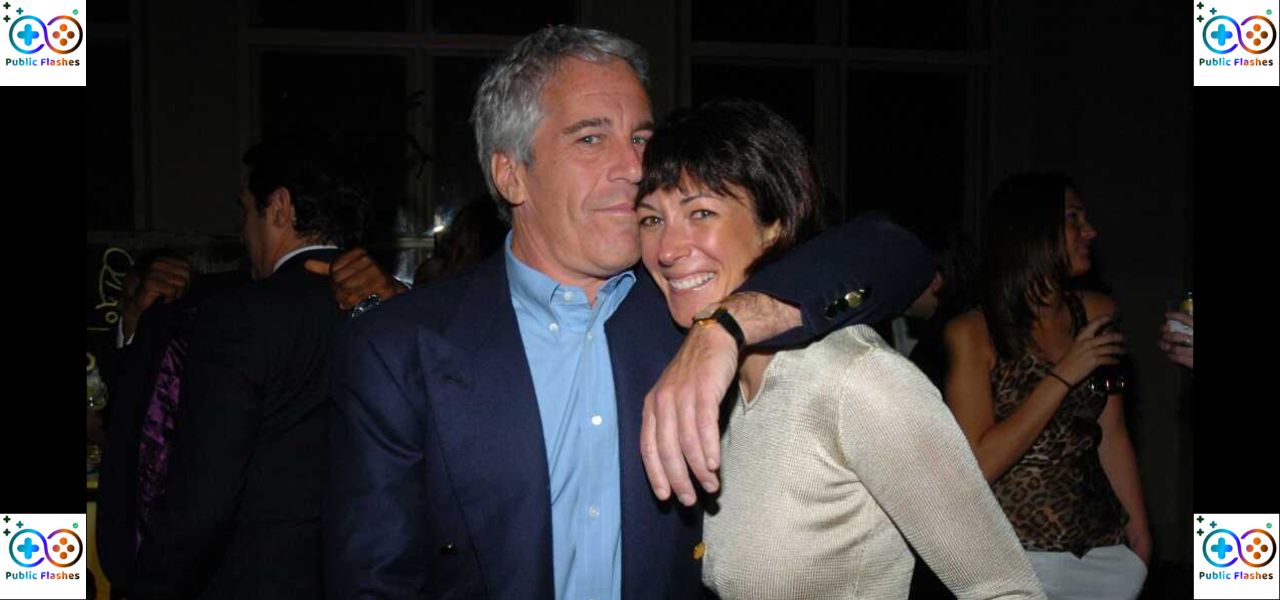Arsenal’s Preseason Reveals More Questions Than Answers
Arsenal fans expected clarity from preseason matches. Instead, they received a warning siren. Creative struggles haunted every match. The frontline looked sharp physically but delivered little in product. Possession felt meaningless. Goals became rare. And once again, questions returned.
Mikel Arteta rotated his squad during every game. Yet, the same problems continued. Arsenal dominated the ball but failed to break down stubborn defenses. The ball moved side to side without intent. Final passes lacked invention. And when chances came, finishing lacked precision.
While the club spent big last season, those investments must now prove consistent. Otherwise, title dreams will remain just dreams.
Creativity Becomes Arsenal’s Weakest Link
In past seasons, Arsenal relied on Martin Ødegaard’s vision. He drove attacks, created spaces, and picked passes under pressure. But in preseason, the Norwegian lacked rhythm. Perhaps fatigue still lingers. Or perhaps opponents now understand how to nullify him.
Unfortunately, no one stepped up creatively. Emile Smith Rowe showed flashes but failed to dominate. Fabio Vieira drifted through games. Even Bukayo Saka, usually electric, seemed one-dimensional.
Arsenal controlled matches but created few chances. Possession alone means little without end product. Their midfield moved in patterns but didn’t break lines. No one looked ready to surprise defenses.
The creative void became more obvious with every passing minute. Arteta’s system demands invention. Without it, even 70% possession can’t win matches.
The Frontline Looks Blunt and Predictable
Gabriel Jesus led the line in multiple games. His work rate impressed, but his output didn’t. He missed chances, failed to link effectively, and often dropped too deep.
Eddie Nketiah also featured, but without spark. He moved well, but the final touch deserted him. His timing inside the box felt off. Despite his speed, he couldn’t exploit defensive gaps.
Kai Havertz, used as a false nine, offered little. He looked isolated. His touch felt heavy. And his chemistry with wide players broke down often.
Even Leandro Trossard couldn’t save the attack. He created moments, but not consistently enough. With attackers misfiring, Arsenal’s threat vanished in the final third.
Tactical Concerns Begin to Surface
Mikel Arteta insists on a structured build-up. However, that structure now feels like a cage. Players stick to zones. Movement feels robotic. Predictability grows.
Opponents closed central lanes quickly. Arsenal failed to adapt. They repeated sideways passes and long switches. But direct attacks? Hardly any.
In transition, the team looked vulnerable. Declan Rice worked hard, but alone. The gap between attack and midfield widened. That invited counterattacks. Stronger teams will punish those moments.
Arteta’s philosophy has strengths. Yet flexibility remains missing. Teams now prepare better. They understand Arsenal’s rhythm. Unless Arteta adds variation, opponents will keep exploiting the blueprint.
The Brightest Light: A 15-Year-Old Steals the Spotlight
In the middle of all that gloom, a new name lit up the pitch—Ethan Nwaneri. The 15-year-old played with bravery. He ran at defenders. He carried the ball through tight spaces. And he looked fearless.
Nwaneri didn’t just survive among senior players. He shined. His decision-making surprised many. He combined intelligence with flair. And he demanded the ball under pressure.
Arteta praised him post-match. He said Nwaneri brings energy and hunger. Fans agreed. Social media flooded with highlights of the young talent. Many now call for his inclusion in the matchday squad.
It’s rare to see such maturity at 15. But Nwaneri showed composure well beyond his age. Arsenal may have found a star for the future—perhaps even the present.
What Arteta Must Do Before the Season Starts
The preseason didn’t just reveal weaknesses. It gave Arteta a checklist. First, he must solve the creativity issue. If Ødegaard struggles, someone else must step up. That might require tactical tweaks. It might demand personnel changes. But change is necessary.
Second, the attack must rediscover its edge. Training must focus on sharpness, off-ball movement, and finishing drills. Chemistry between the forwards needs rebuilding.
Third, Arsenal must become less predictable. Arteta must add layers to his system. Overreliance on patterns won’t work anymore. The team needs spontaneity. And sometimes, it needs chaos.
Lastly, he must decide Nwaneri’s role. Should he play regularly? Should he rotate into cup matches? Or should Arsenal protect him from the spotlight?
Whatever the answer, Arteta has decisions to make—and not much time.
Conclusion: Crisis or Wake-Up Call?
Arsenal’s preseason offered no silver lining, except for Ethan Nwaneri. The rest raised red flags. Creativity disappeared. The attack lacked bite. And the midfield lost fluidity.
Yet, perhaps this came at the perfect time. Better to spot the cracks now than during the title race. Arteta still has time. But he must act fast.
Fans believe in the project. But belief fades if progress stalls. The Premier League waits for no one. Arsenal must start strong—or risk being left behind again.
Let’s hope the alarm bells from preseason spark solutions, not panic. Because with the right response, this team still holds promise.
Read too: De Gea Set for Emotional Return in Fiorentina vs United
